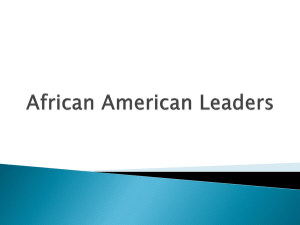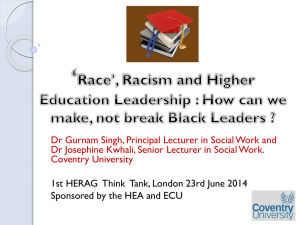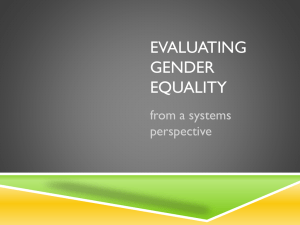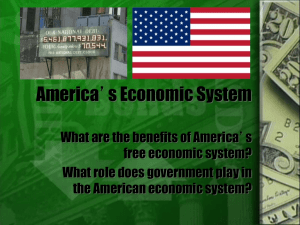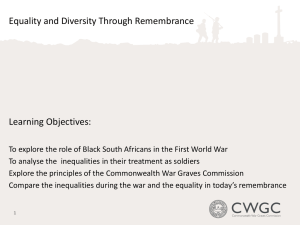Booker T. Washington
advertisement
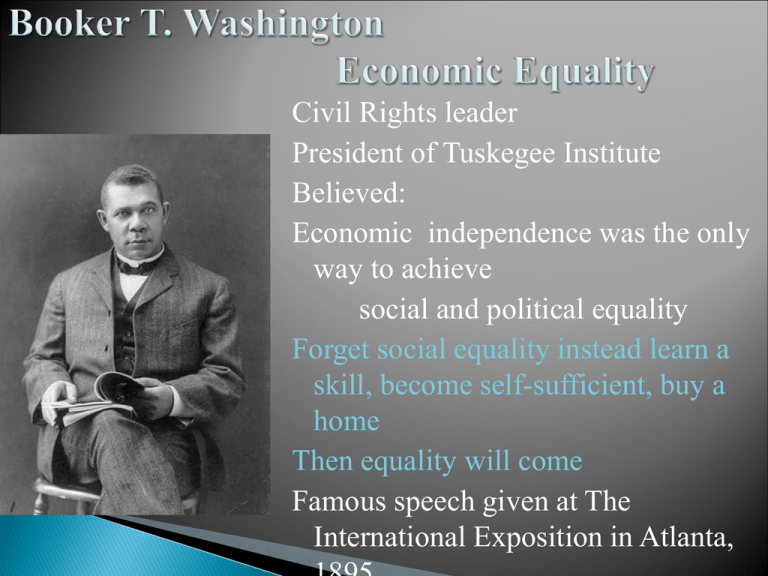
Civil Rights leader President of Tuskegee Institute Believed: Economic independence was the only way to achieve social and political equality Forget social equality instead learn a skill, become self-sufficient, buy a home Then equality will come Famous speech given at The International Exposition in Atlanta, Fight for civil rights Demand equality (14th amend) Knowledge and truth not enough Need ACTION Education for 10 percent “talented tenth” of African American population Did not agree with Booker T. Washington Dubois thought Washington was making social, political and economic decisions that affected all blacks Disagreed with the idea that blacks who became economically successful and waited long enough would see race relations improve W.E.B. DuBois Lugenia Friend of Dubois Fought for social equality Civil leader Leading educator First president of Morehouse College Burns Hope “mover and shaker” Civic leader Neighborhood Union: Gave neighborhood vocational classes for children Health center Clubs for boys and girls Provided financial aid An African American barber and entrepreneur, he was founder and president of the Atlanta Life Insurance Company, one of the most successful black-owned insurance businesses in the nation. At the time of his death in 1927, he was also Atlanta’s wealthiest black citizen 1. Which African American leader believed that a “Talented Tenth” of the African American population could serve as leaders for all other African Americans? A. Frederick Douglass B. W.E.B. DuBois C. John Hope D. Booker T. Washington 2. What organization was founded by Lugenia Burns Hope? A. NAACP B. Girl Scouts C. Neighborhood Union D. Y.W.C.A. 3. What business made Alonzo Herndon a successful businessman? A. Coca-cola B. Atlanta Mutual Insurance Company C. Georgia Pacific D. Western and Atlantic Railroad 4. What racial issue did Booker T. Washington support? A. economic equality B. political equality C. religious equality D. social equality What racial issue, opposed by Booker T. Washington, did W.E.B.DuBois support? A. economic equality B. political equality C. religious equality D. social equality
